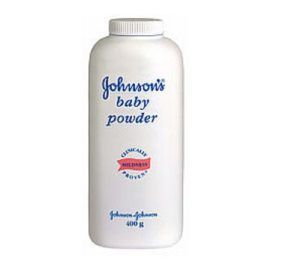Pace Bus can be sued for sexual assault committed by employee. - Mark P. Loftus
For ages it has been nearly impossible to hold an employer responsible when one of it’s employees sexually assaults a third party while that employee is supposed to be working. The legal principle is that employers are not liable for the acts of their employees if those acts are outside the scope of employment. And of course, sexual assault is ALWAYS outside the scope of employment.
But a recent opinion from the Illinois First Appellate District does allow for employer liability – albeit in a very limited factual situation. In Dennis v. Pace Suburban Bus the plaintiff, Janice Dennis, sued Pace Bus after being sexually assaulted by a Pace bus driver. When Dennis entered the bus she was intoxicated. During the bus ride she lost consciousness on a couple of occasions. The driver, a Jeffrey Moore, never contacted the police or medical personnel. Instead, he took plaintiff to his home. Plaintiff alleged that while at Moore’s home she was sexually assaulted. Dennis woke the next morning in Moore’s bed without any clothing. Pace moved to dismiss certain portions of the complaint, arguing that Moore was not acting in the scope of his employment when he assaulted Dennis. The trial court agreed and dismissed those portions of the complaint – and plaintiff appealed.
The Appellate Court however, said not so fast. The Court agreed that generally employers are not liable for criminal acts of employees. But, there are exceptions. In Illinois, if an employee of a common carrier[i.e. Metra; CTA, Pace] intentionally injures a passenger, the common carrier is liable – even if the employee is acting outside the scope of his employment. Therefore, Pace could be liable for intentional torts Moore inflicted upon Dennis. Pace tried another dodge – that since Dennis was at Moore’s home, she technically was not a passenger. The Court shot that down as well, noting that the assault began on the bus. Bottom line – Dennis can seek to hold Pace responsible for the sexual assault committed by its employee.
So at least when it comes to common carriers, they may be on the hook when their employees act improperly with passengers.









